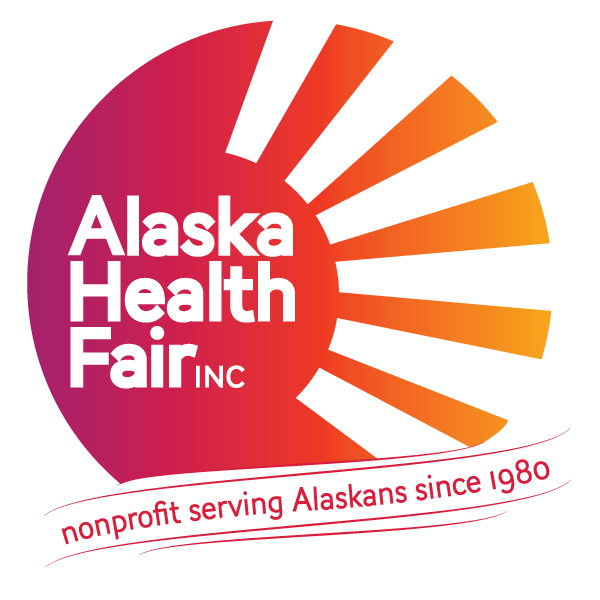
Regular walking strengthens the heart and lungs, increasing overall fitness.
High blood pressure is often called the silent killer because it usually causes no symptoms until it becomes severe, when it might cause occasional headaches and/or vision changes. High blood pressure is the leading cause of chronic kidney disease, heart attacks and strokes. Nearly one in three Americans have high blood pressure and about 30% are unaware they have it.
What is high blood pressure?
High blood pressure means the pressure inside the blood vessels is increased above normal. When this happens, the heart has to work harder to pump blood through the body. Blood pressure is measured in two numbers. The top number is the systolic pressure or the pressure the blood vessels are under when your heart is pumping blood into the blood vessels. The bottom number is the diastolic pressure and the pressure blood vessels are under when the heart is relaxed and filling with blood.
- Normal blood pressure in adults is less than 120/80.
- People who have blood pressure between 120 and 139 for the top number or between 80 and 89 for the bottom number have pre-hypertension.
- Blood pressure is considered high if it is 140/90 or above.
What causes high blood pressure?
Family history and genetic makeup increase your chances of getting high blood pressure.
Lifestyle factors may also increase your blood pressure:
- Use of salt—a high salt diet can lead to high blood pressure or make high blood pressure worse.
- Overweight—being overweight increases your chance of developing high blood pressure. Every 5 lbs. of weight loss decreases your risk.
- Exercise—lack of regular exercise increases your chances of developing high blood pressure and can worsen existing high blood pressure.
- Tobacco and excess alcohol
What should you do if you have high blood pressure or pre-hypertension?
- See your health care provider and have your blood pressure checked often
- Take medication exactly as prescribed
- Maintain a normal weight
- Eat fresh fruits and vegetables, whole grains and low-fat dairy
- Limit daily salt intake to 1500 mg
- Get plenty of exercise—at least 30 minutes a day most days of the week
- Quit using tobacco
- Limit alcohol intake
Author: Linda Vlastuin, RN, MS
Alaska Kidney Foundation/Alaska Health Fair, Inc.
Resources:
National Institutes of Health, High Blood Pressure and Kidney Disease
National Kidney Foundation, Winning the Fight Against the Silent Killers
Alaska Dept. of Health & Social Services, Heart Disease and Stroke Facts
